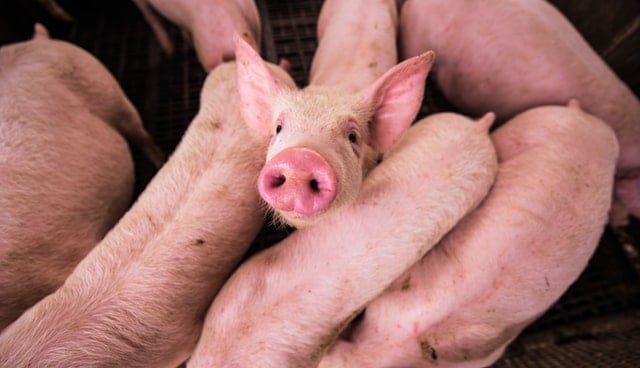
African Swine Fever (ASF) is currently a pandemic disease, causes extremely high mortality in affected pig populations, with reports of newly affected areas as frequent as weekly basis.
Since there is no vaccine for the disease, the only effective method for prevention or to reduce the spread of infection is controlling movement of potentially infected pigs and pork products, but this is causing enormous disruption to trade internationally.
A white paper released today by Ausvet and One Health Scientific Solutions provides some background to the use of compartmentalisation to ensure business continuity in the face of this disease, if it were to ever occur in free countries.
The global pork industry is investigating and implementing a number of risk mitigation strategies. One tool to mitigate risk and maintain business continuity is the adoption of compartmentalisation. A compartment is a pork producing enterprise that is free of ASF due to biosecurity, even if ASF is present in a country.
A compartment should allow companies to produce pork and trade even if ASF is present in a country. They can be established before an outbreak occurs.
If infection spreads to a wild boar or feral pig population, eradication may be infeasible, leaving good biosecurity as the best way of managing the impact of the disease. The World Organisation for Animal Health (OIE) recommends the use of biosecurity zones and compartments to help ensure the trade of safe product.
To learn more about the major steps and considerations that need to be taken to implement a compartment to protect your business, click the booklet cover to obtain a copy of the technical white paper: Business continuity in the face of African Swine Fever: Compartmentalisation and company biosecurity.